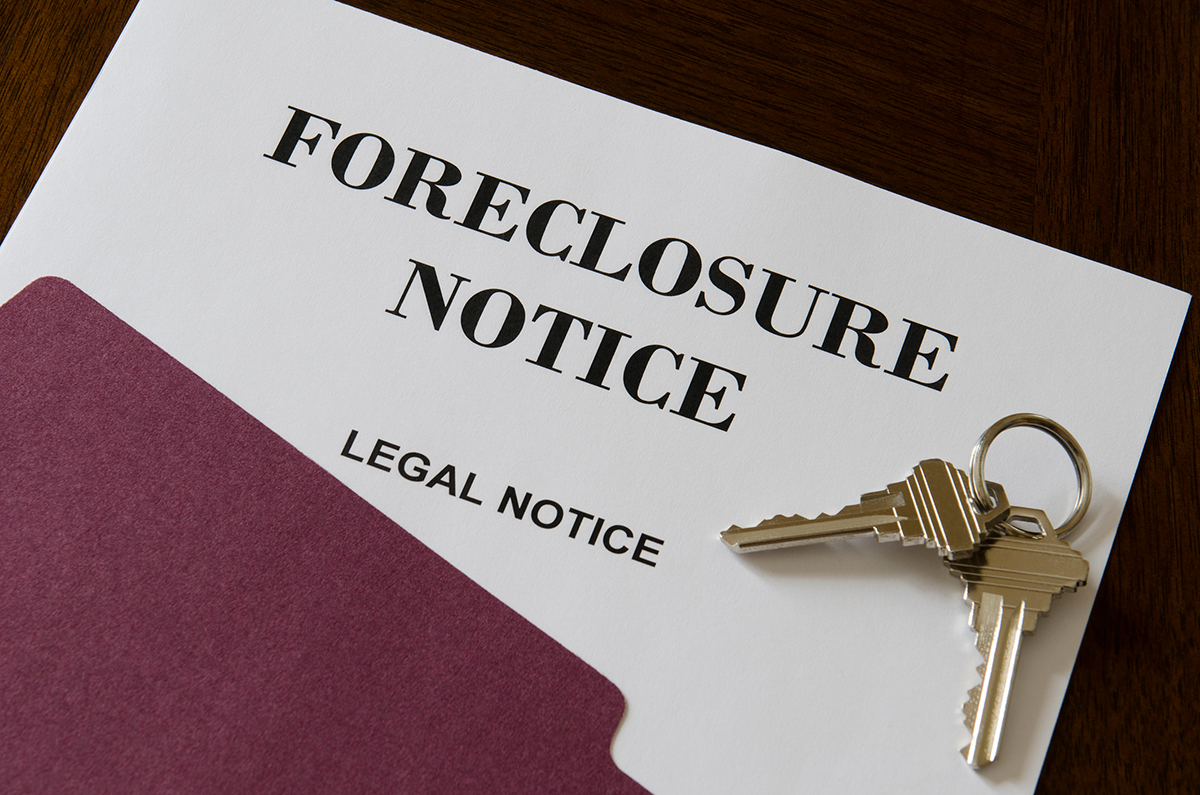Why an Association May Want to Use Lien Foreclosure as a Collection Method

By Katerina Tsoukalas-Heitkemper
Illinois condominiums and homeowners’ associations (HOAs) rely heavily on assessment payments to fund essential services and operations. When owners fail to pay, associations may face financial strain, making lien foreclosure an effective tool for recovering delinquent assessments. Below are key reasons why lien foreclosure is advantageous, and an association may wish to consider adding this to its repertoire of collection options:
1. Ensures Payment of Assessments
- Assessments are the primary income source for associations, and delinquent payments can disrupt operations. Foreclosure allows associations to recover unpaid amounts, ensuring financial stability.
2. Leverages Illinois’s “Super Priority Lien”
- Illinois is a super lien state, meaning HOA liens have priority over first mortgages up to a certain amount. This ensures that associations can recover some funds during foreclosure sales before other creditors are paid.
3. Encourages Prompt Payment
- The threat of foreclosure incentivizes delinquent owners to pay their assessments promptly, especially after receiving demand letters from attorneys.
4. Protects Against Long-Term Delinquency
- Foreclosure prevents prolonged non-payment by enabling the association to replace the delinquent owner with one who will pay assessments regularly.
5. Recoups Post-Foreclosure Assessments
- Under Illinois law, foreclosure purchasers must pay post-sale assessments starting the month after the sale. If they fail to do so, the association can pursue collection against them.
6. Legal Clarity and Enforcement
- Illinois law provides clear guidelines for associations to place liens and foreclose on properties, making it a reliable legal remedy for recovering debts.
While foreclosure should be a last resort after other collection methods fail, it is a powerful tool for Illinois associations to maintain financial health and ensure fairness among members.
Please reach out to our Tressler HOA Law attorneys should you have any questions or concerns.
About the Author

Kathy is a partner and Co-Chair of the HOA/Condominium & Common Interest Community Association Law practice. Her practice includes extensive experience and deep knowledge of all areas of civil litigation, collections, bankruptcy, and foreclosures, including a deep knowledge of those laws pertaining to condominiums and common interest community associations. She has expertise in all aspects of residential and commercial real estate transactions (eviction actions; sales and purchases, and litigation); drafting/revising/translating corporate documents; extensive knowledge of both creditor and bankruptcy proceedings; and legal representation of not-for-profit and for-profit corporations. Click here to view Kathy’s full attorney bio.
